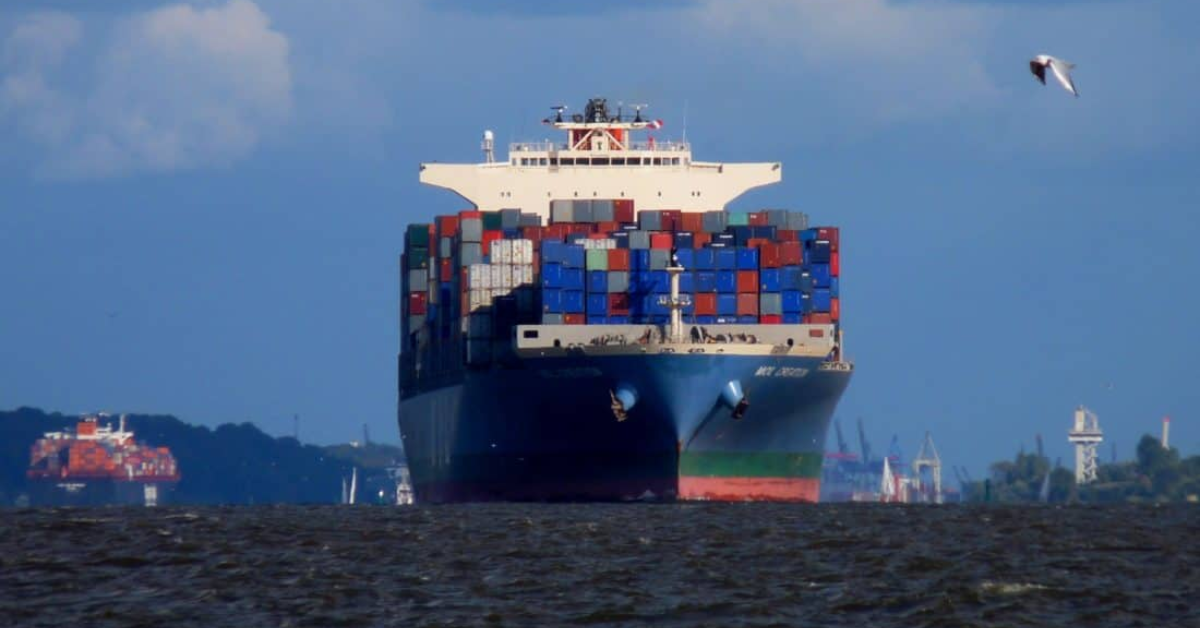Global maritime shipping is set to enter a turbulent phase with seaborne trade growth projected to slump to just 0.5 percent in 2025, according to the latest Review of Maritime Transport released by the United Nations Conference on Trade and Development (UNCTAD). This will be the weakest performance in years, following a modest 2.2 percent rise in 2024, as the industry struggles under the weight of geopolitical tensions, soaring freight costs, volatile trade flows and mounting climate pressures.
Speaking at the Geneva launch of the report, Regina Asariotis, Chief of UNCTAD’s Trade Logistics Branch, noted that the global shipping environment has become more complex. She warned that conflicts and sanctions are forcing vessels into longer and costlier routes, tariffs are disrupting supply chains, and freight rates remain both high and unstable. With more than 80 percent of the world’s merchandise trade dependent on shipping, these challenges have become a clear reflection of the health of global commerce.
The impact of current crises is visible in the disruption of key maritime arteries. The ongoing conflict in the Red Sea and instability near the Strait of Hormuz have diverted large volumes of traffic away from the Suez Canal and pushed ships around the Cape of Good Hope. By May 2025, cargo volumes through the Suez had fallen to 70 percent below 2023 levels, turning short voyages of days into journeys lasting weeks. As a result, global ton-miles, which measure the distance multiplied by the volume of cargo carried, surged by six percent in 2024, three times faster than actual trade growth.
Freight rates have also remained highly volatile. The Shanghai Containerized Freight Index averaged 2,496 points in 2024, an increase of 149 percent compared to the previous year, with July spot rates climbing as high as $3,600 per container. Tanker and bulk segments experienced similar fluctuations, driven by geopolitical uncertainty and imbalances between supply and demand. The sharp increase in costs has had the harshest impact on vulnerable economies such as small island developing states, least developed countries and net food importers, where higher transport prices quickly translate into more expensive imports and food insecurity.
Climate pressures add another layer of urgency. UNCTAD reported that greenhouse gas emissions from international shipping rose by five percent in 2024, yet only eight percent of the world fleet is equipped to operate on alternative fuels. The International Maritime Organization is expected to consider a Net-Zero Framework in October 2025, which would set the pathway toward zero emissions by 2050 through a combination of global fuel standards and carbon pricing mechanisms. However, the transition will require substantial investment in new vessels, port infrastructure and alternative fuel supply chains, making the process particularly challenging for developing regions.
The report also drew attention to the human dimension of maritime trade, noting that cases of seafarer abandonment reached record highs in 2024, leaving crews stranded without pay or support. Meanwhile, ports across the globe continue to struggle with congestion, long waiting times and the pressure to modernize. UNCTAD stressed the importance of accelerating digital adoption to reduce inefficiencies, but acknowledged that many developing countries still lag in digital readiness.
UNCTAD’s Secretary-General Rebeca Grynspan emphasised that the coming transitions must be inclusive, supporting both developed and developing nations as they adapt to new trade realities. She warned that persistently high transport costs risk deepening inequality and stressed that maritime transport must evolve into a system that is resilient, inclusive and sustainable if the global economy is to withstand the turbulent waters ahead.









